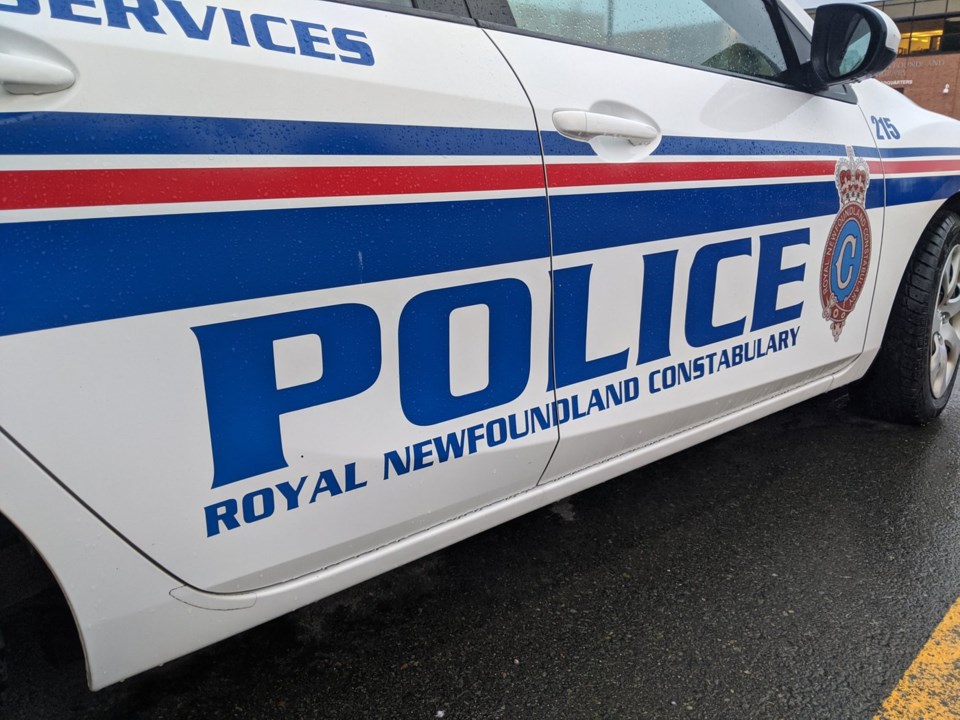ST. JOHN'S — The results of a recent poll released by Newfoundland and Labrador's Justice Department suggests the majority of respondents felt more unsafe now than they did five years ago.
The survey of 4,485 people was conducted by the department's police transformation working group, which was formed in 2023 to review policing services in the province.
Respondents from 240 towns across the province were split on whether they felt a complaint lodged against a police officer would be treated fairly.
Forty-four per cent said they were not confident such a complaint would get fair consideration, while 44 per cent said they were somewhat or very confident it would.
"Participants felt that police need to build greater trust with communities," says the report released Monday. "Increased police presence and proactive community policing were suggested as key strategies."
Policing has faced considerable scrutiny in Newfoundland and Labrador in recent years, following the sexual assault conviction of former Royal Newfoundland Constabulary officer Carl Douglas Snelgrove. He was convicted in 2021 of raping a woman in her apartment after giving her a ride home in his police car.
First Voice, a St. John's-based Indigenous collective, has called for a civilian-led police oversight board and it produced an extensive report in 2022 detailing how the province could address systemic policing problems, including racism.
The government passed legislation in March to establish a new process to deal with alleged police misconduct. The Royal Newfoundland Constabulary shares policing duties in Newfoundland and Labrador with the RCMP.
The new report says that of those respondents who disclosed where they lived, about 58 per cent were within the jurisdiction of the constabulary.
The constabulary's largest jurisdiction is the northeast region of the Avalon Peninsula, which includes St. John's. The police force also has a detachment in Corner Brook in western Newfoundland, as well Labrador City and Churchill Falls in Labrador.
Seventy-three per cent of respondents said they felt less safe now than five years ago, with 67 per cent indicating drug trafficking was a common crime in their community.
More than half — 51 per cent — said the police were not effective in maintaining the safety of their communities.
The majority of Indigenous respondents said they were not confident that police officers would respond to and investigate reports of crime.
The survey also found that those who identified as LGBTQ+ were less likely to agree that police treated their community respectfully.
The majority of responses from Indigenous people, women and people from households with annual incomes less than $50,000 said they would not know how to report a complaint against a police officer.
"The department has already prioritized some of the suggestions received, such as additional support for front line police officers," Justice Minister John Haggie said in a statement released Monday.
The police transformation working group will use the survey information "to improve our police services and enhance public safety in Newfoundland and Labrador," he said.
This report by The Canadian Press was first published May 26, 2025.
The Canadian Press



